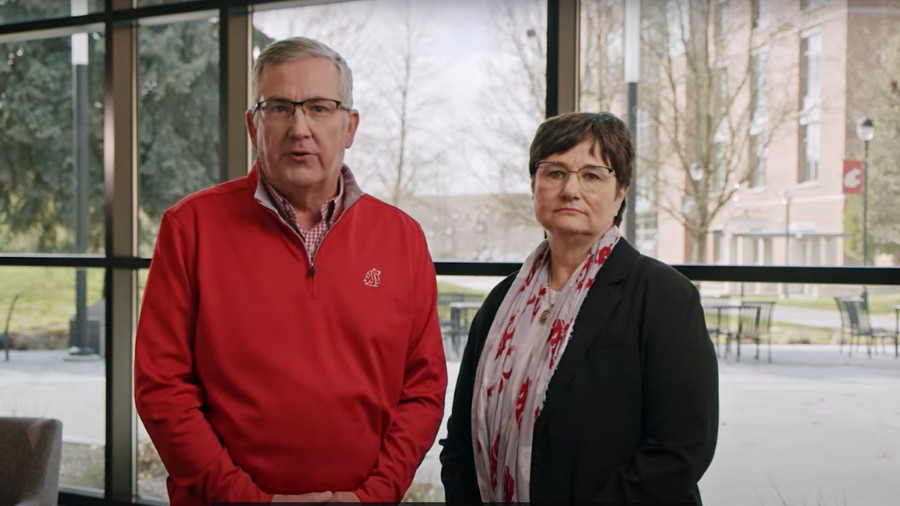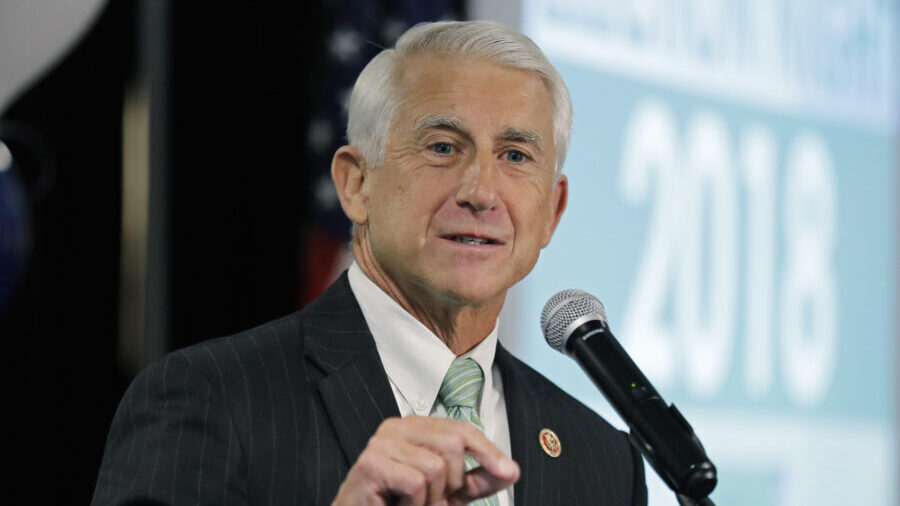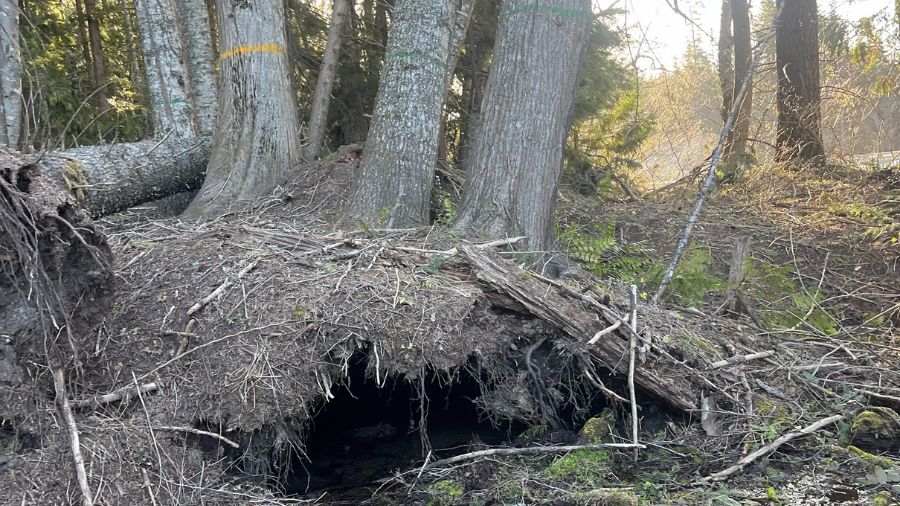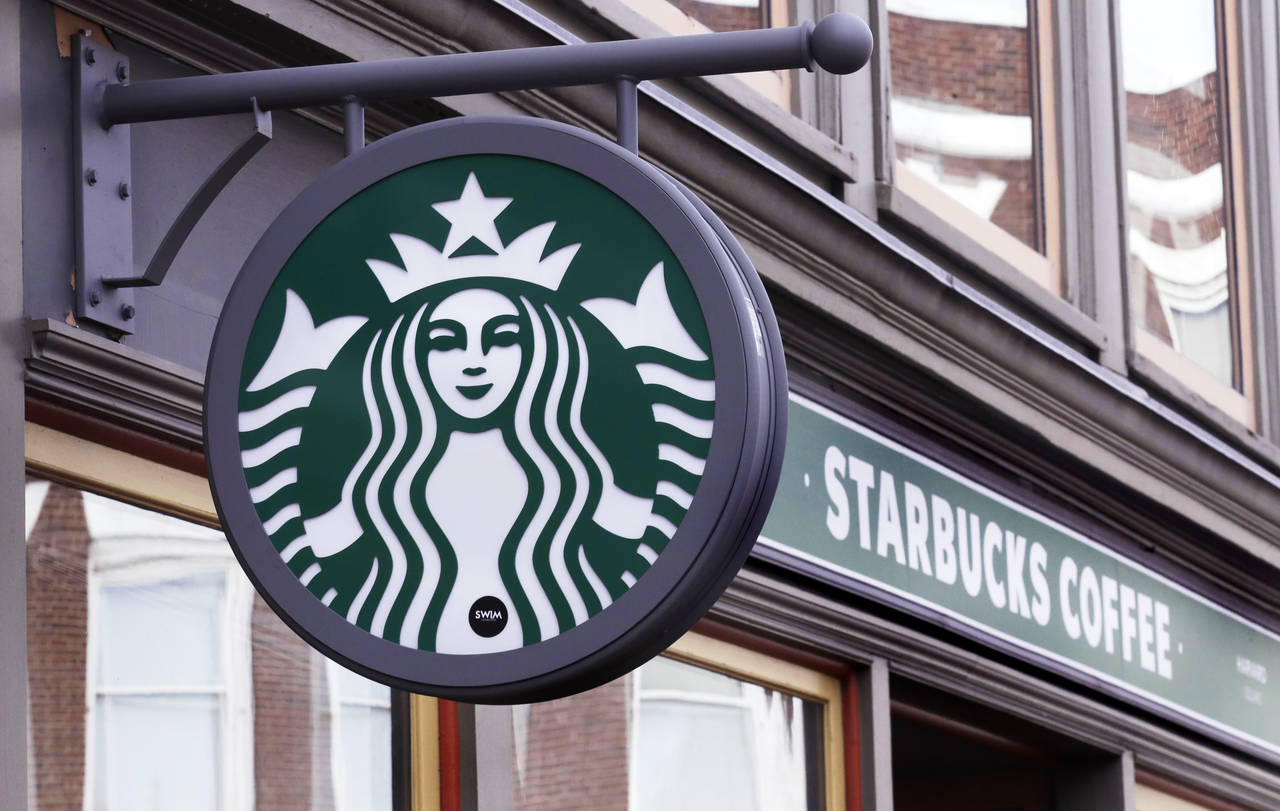CNN journalist Bernard Shaw, my friend and colleague, dies at 82
Sep 8, 2022, 2:50 PM
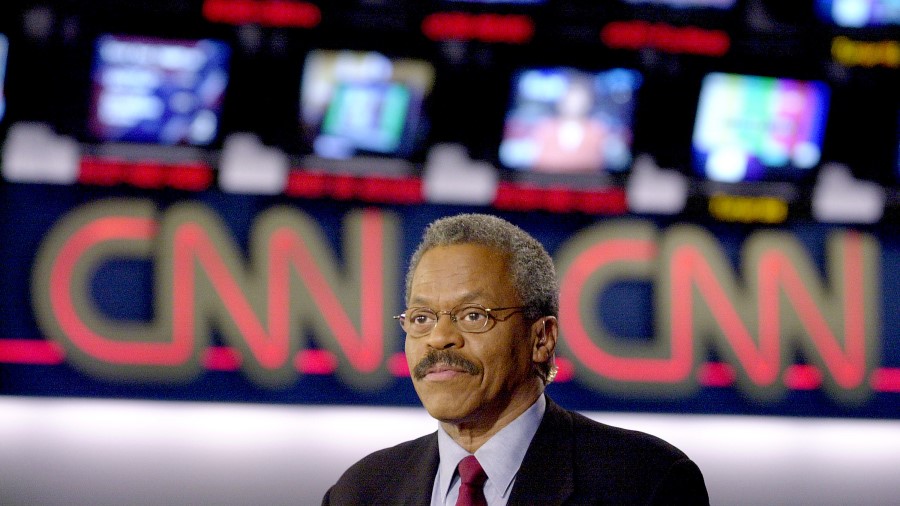
CNN political anchorman Bernard Shaw (Getty Images)
(Getty Images)
A text from my boss is how I found out that my friend and colleague Bernard Shaw had died.
We called him “Bernie.” He was CNN’s first lead anchor in the 80s and 90s. Bernie took us from the Chicken Noodle News days to our innovative coverage of the first Gulf War. His coverage from Baghdad prompted NBC News to do an unprecedented interview with him from Baghdad on the Nightly News. I remember the cheering in the newsroom when Tom Brokaw said something like, “Tonight, CNN became the little network that can.” High praise from a competitor.
I became the youngest Executive Producer in the history of CNN in 1984. I was in well over my head. The position involved being EP of “Inside Politics” and “The World Today.” For a time, I did the job from Atlanta headquarters. Later, the powers that be thought that it would be better for me to do it with the anchors in person in D.C.
The puzzle pieces move a lot at CNN, but the time I remember most fondly was when we recruited Judy Woodruff from CNN. I was excited because I got a chance to work with two of the top broadcast journalists in the country.
Bernie was calming and smart. He was quite simply an icon for all of us. You have to understand that, because of tight finances, many of the producers and anchors were very young — quite unqualified to do network news. Bernie was the veteran network journalist who gave us the credibility we needed.
Bernie first caught my attention during coverage of the Air Florida crash in 1982.
I was an executive producer for a local station in Wichita, Kan. I thought this all-news concept of TV news was pretty cool.
I watched, with envy, the coverage of the plane crash in the Potomac River led by Bernie.
He was solo on the anchor desk which is very difficult in breaking news because producers have to talk to him while he is talking. Most anchors aren’t good at that. To be fair, most producers don’t know when a good time to speak with them is, either. I was impressed by his calm style and his ability to bring the audience into the process.
His early words were: “We don’t know the cause of the crash. We don’t know of any deaths or injuries. We don’t know if the plane was on the right flight path. We do know that the plane has crashed into the Potomac near or on a major commuter bridge.” What he was doing was filling time until he had more information, but he was also telling the producers what questions needed to be answered.
Bernie was, quite simply, the best. He had a letter from Walter Cronkite welcoming him to CBS on the wall of his office. He also had a few Emmys stuffed into the corner of his desk.
The highlight of my journalism life was the one-on-one meetings I had with Bernie every morning. I had my legal pad and pen. Bernie talked. I wrote. Even though he was a superstar to me, he always listened to my ideas and processed them thoughtfully.
He was known as a prepared interview and asked unique questions. In another CNN milestone, Bernie had been selected to be a moderator for a presidential debate between then Vice-President George H.W. Bush and Mass. Gov. Michael Dukakis.
Dukakis was known to be tough on crime. As we all watched, Bernie opened the debate with the question, “If Kitty Dukakis were raped and murdered, would you support an irrevocable death penalty?” No one remembers Dukakis’ answer, other than he was without emotion. Stoic, in fact. Bernie’s question was thought of as a turning point in the election.
In 1989, Bernie and I were standing at the elevators at CNN ready to head home.
Bernie had just told me that I tried to make the news “too theatrical.” I don’t remember what I did to evoke that comment.
Someone ran out to the elevators to tell us there had been a major earthquake in San Francisco.
ABC was carrying the World Series that night. They had a blimp in the air.
Bernie ran to his office and came out a few minutes later telling me to get him on the air. I asked, “What do you have?” He said, “Don’t have time. Just get me on.”
We ran into the studio, and I called Atlanta to tell them to come to us.
Meanwhile, Bernie took off his overcoat, his jacket, and loosened his tie. The network went to him and he announced, “I apologize for my appearance, but we wanted to get this to you as soon as possible. The bay bridge is out. I’ve been told, by my sources, the upper level of the bridge has partially collapsed.”
That was all we could contribute to coverage, but we were the first ones to report it.
As we exited the Washington bureau for the second time, I said to him, “You call me theatrical. You took your jacket off, loosened your tie, and then apologized for your appearance.” Bernie looked at me, smiled, and said “Good night, Mr. Kaczaraba.” I didn’t even think about the fact that he got in the elevator without me.
Fast forward to 1991.
The U.S. was preparing for war against Iraq and Saddam Hussein. Our military was in place. The allies were pleading with Saddam to retreat from Kuwait and give up their weapons of mass destruction.
For weeks, CNN staff members were working on getting an interview with Saddam, and Bernie agreed to go to Baghdad. Management felt the risk for Bernie was low.
Just after Bernie arrived, the war began.
We had the technology to cover the initial bombing of Baghdad and were way ahead of the other networks. “The skies of Baghdad are illuminated with bombs.” Only Bernie would use the word “illuminated.”
Bernie was on the air for 72 straight hours. No sleep. I remember one live report when he started talking about the sandwich shop in our building and how much he wanted a sandwich. I knew it was time to bring him home. He returned to the roaring applause of the newsroom. Privately, he told me “Never again.” He covered the war in Vietnam and the Jonestown massacre. Bernie had had enough. “I’m done.” A short time later, he retired.
When I left CNN, Bernie gave me a glass globe and took me to his private dining club. His assistant told me that was the first time he ever took a colleague. The restaurant was reserved for high-level government sources. It was an honor.
Most recently, I wanted to do a documentary on Bernie’s life and career. He told me he wasn’t interested. He didn’t sound the same. Bernie sounded tired. I told him we had better do it soon. Life doesn’t go on forever.
My friend, my mentor, and my father figure died today. He was both the inspiration for my career and life. I will miss him.


